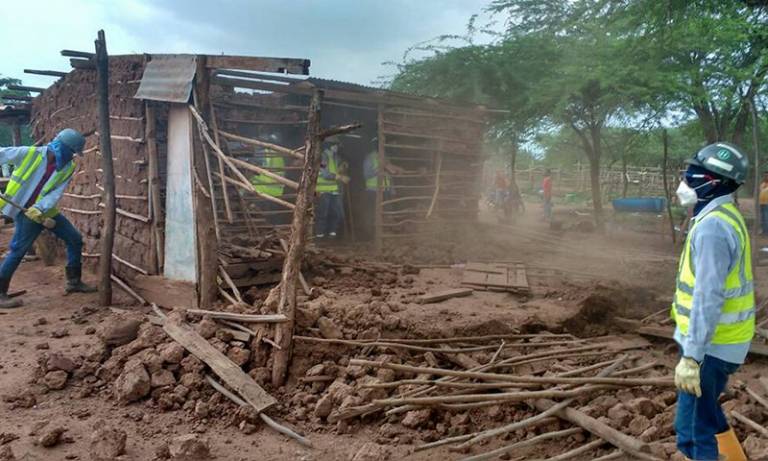Mining as neocolonialism: stories of resistance
19 October 2017, 6:00 pm–9:00 pm

Event Information
Open to
- All
Organiser
-
The Bartlett Development Planning Unit
Location
-
University College London Institute of Education, Bedford Way (20) - 642, Bloomsbury, WC1
In colonial times, mining was instrumental to the European colonial expansion. For example, the extraction of gold and silver from the Americas represented the economic input needed for the growth of European empires. After the 2008 economic crisis, mining still constitutes an important strategy to build up a new cycle of capital accumulation needed to sustain the extractivist dominant economic system. In parallel to this, large-scale mining has created a deep social and environmental breakdown. From this perspective, what are the experiences and strategies of those facing the multinational mining companies responsible of displacement, the collapse of rural communities around the world, and massive environmental degradation locally and globally? We invite you to hear the voices of:
From Colombia, related to the effects of the open-cast coal mine – Cerrejón, including the ongoing displacement of communities and the diversion of vital water sources to extract coal.
Angelica Ortiz is a Wayúu, Secretary of Women’s Force, organization raising awareness about the violations of human and ethnic rights in Guajira, Colombia.
Luisa Rodriguez of CINEP – the Centre for Popular Investigation and Education
This centre has developed actions in education, training, communication and research, to support for the exercise of the rights of Wayuu, Afro-descendant and peasant communities in La Guajira.
From Brazil, remembering the second anniversary of Brazil’s worst ever environmental disaster, the collapse of the Samarco waste tailings dam.
Thiago Alves da Silva, of the Movement of People affected by Dams, a coalition of local communities impacted by dam projects. They stand for the defence of the rights of affected peoples, of water and energy.
Rodrigo Peret of the Churches and Mining Network, that seeks to respond to the challenges of impacts and violations of socio-environmental rights caused by mining activities.
From the USA, Roger Featherstone, Director of the Arizona Mining Reform Coalition, that works to reform national, state, and regional rules and regulations governing hard rock mining and supports coalition members to stop inappropriate mines in Arizona.
Roy Chavez is the chairperson for Concerned Citizens & Retired Miners Coalition. They oppose the mining project in Superior, Arizona.
 Close
Close

